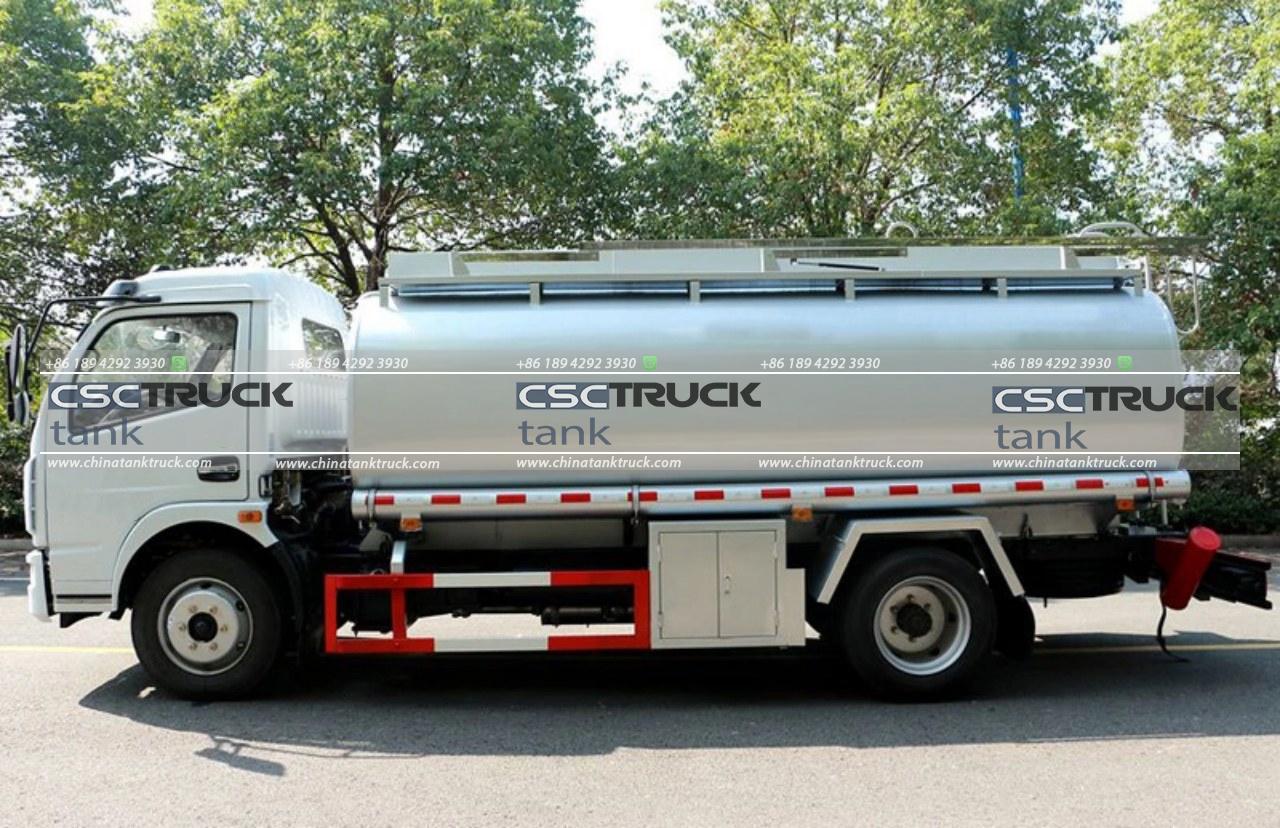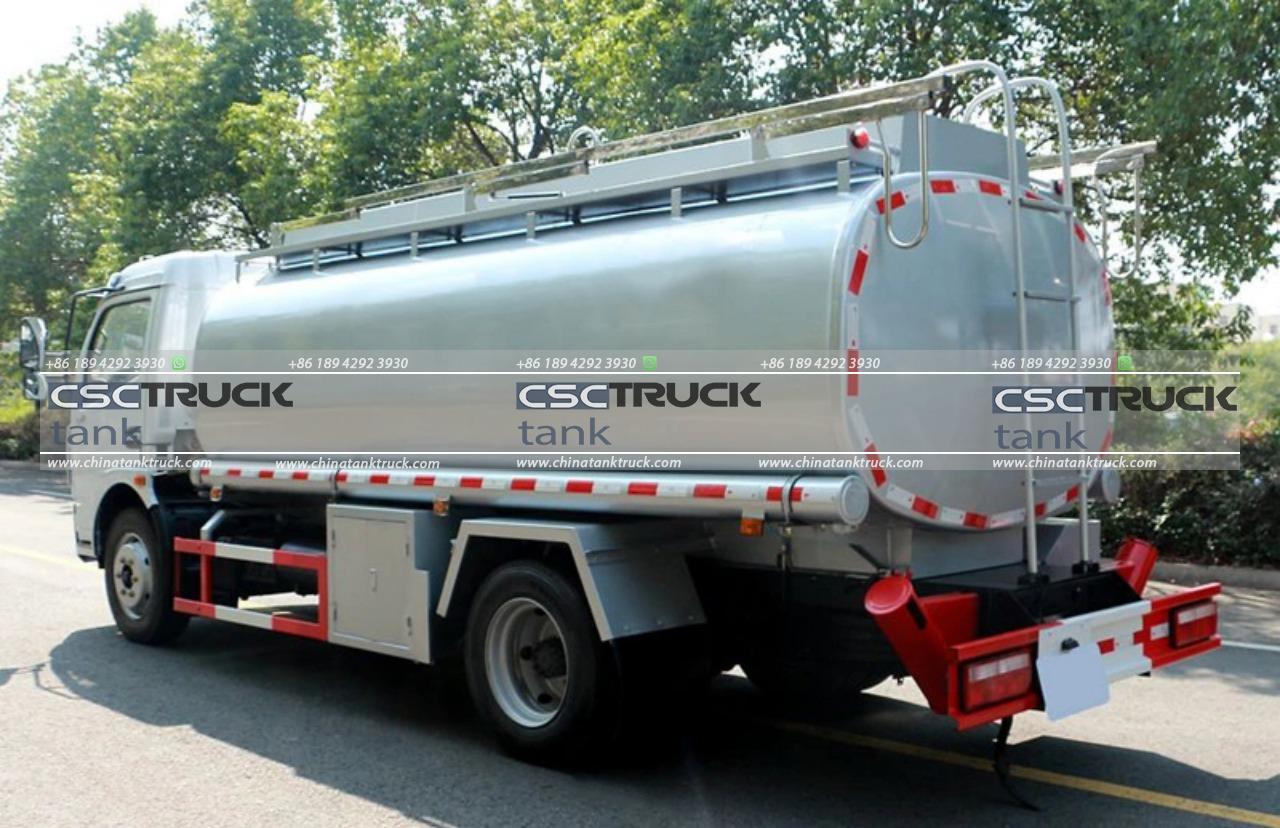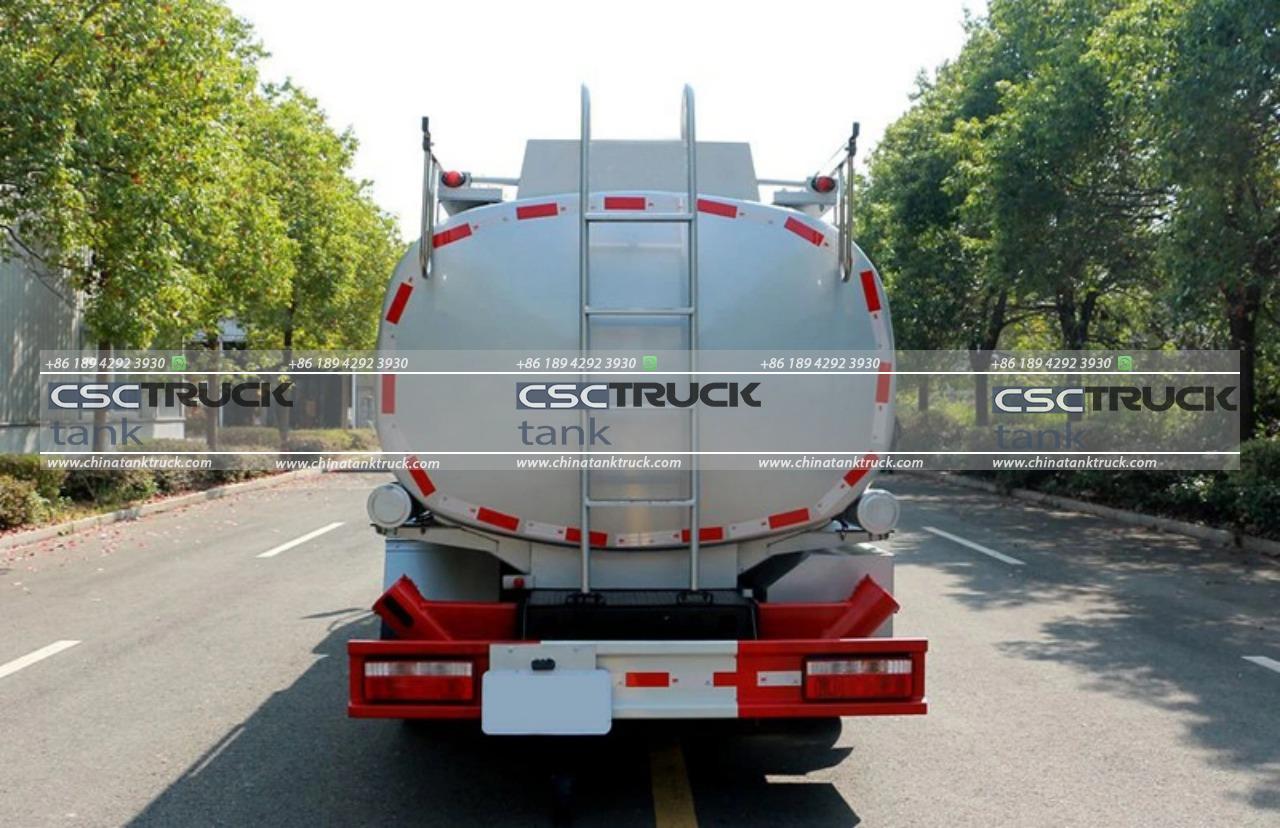Fuel tank trucks are a vital component in the global supply chain, ensuring the delivery of gasoline, diesel, and other petroleum products to various destinations, including gas stations, airports, and industrial facilities. The role of these specialized vehicles is crucial in maintaining the flow of fuel, which in turn supports countless economic activities. This article delves into the importance of fuel tank truck services, focusing on the aspects of safety and efficiency in fuel transportation.
The Importance of Fuel Tank Trucks
Fuel tank trucks are designed to transport large quantities of liquid fuel efficiently and safely. They are equipped with cylindrical tanks, typically made of aluminum or steel, that can hold thousands of gallons of fuel. These trucks play a crucial role in the logistics chain, especially in areas where pipelines are not available or practical.
The ability to transport fuel over long distances and to remote locations makes fuel tank trucks indispensable. They ensure that gas stations remain stocked, industrial operations continue running, and airports have a steady supply of aviation fuel. Without these trucks, the accessibility and distribution of fuel would be significantly hampered, leading to disruptions in various sectors.
Safety in Fuel Transportation
Transporting fuel is inherently risky due to its flammable nature. As such, safety is the paramount concern in fuel tank truck services. Several measures are in place to mitigate the risks associated with fuel transportation.

Regulatory Standards
Fuel tank trucks must adhere to stringent regulatory standards set by authorities such as the Department of Transportation (DOT) in the United States, and similar bodies worldwide. These regulations cover various aspects, including the design and construction of the tank, the materials used, and the equipment for loading and unloading fuel.
Vehicle Design and Maintenance
Modern fuel tank trucks are engineered with numerous safety features. For instance, they are often equipped with multiple compartments within the tank, which helps to minimize the movement of liquid fuel during transportation, reducing the risk of spills or accidents. Additionally, these compartments can prevent a full load from leaking out if there is a breach in one section.
Regular maintenance and inspections are critical to ensuring the safety of fuel tank trucks. Routine checks help identify and address potential issues such as cracks, corrosion, or faulty valves. Maintenance protocols are strictly followed to comply with safety regulations and to ensure the longevity and reliability of the vehicles.
Training and Safety Protocols
Drivers of fuel tank trucks undergo specialized training to handle the unique challenges associated with transporting hazardous materials. This training includes understanding the properties of the fuels they transport, safe driving practices, and emergency response procedures in case of accidents or spills.
Moreover, companies implement comprehensive safety protocols that cover every aspect of the transportation process. These protocols include proper loading and unloading procedures, adherence to speed limits, and routes that avoid densely populated or environmentally sensitive areas when possible.

Efficiency in Fuel Transportation
While safety is the foremost priority, efficiency is also a critical aspect of fuel tank truck services. Efficient transportation not only reduces costs but also minimizes environmental impact and ensures timely delivery of fuel.
Route Optimization
One of the primary strategies for achieving efficiency in fuel transportation is route optimization. By utilizing advanced logistics software, companies can plan the most efficient routes that consider factors such as distance, traffic conditions, and fuel consumption. Optimized routes reduce the travel time and the amount of fuel used during transportation, leading to cost savings and lower emissions.
Fleet Management Technologies
Modern fleet management technologies play a significant role in enhancing the efficiency of fuel tank trucks. GPS tracking systems allow companies to monitor the real-time location of their vehicles, ensuring that they are on the correct route and helping to avoid delays caused by traffic or other disruptions.
Telematics systems provide valuable data on various aspects of vehicle performance, including fuel consumption, engine health, and driving behavior. Analyzing this data enables companies to make informed decisions about maintenance schedules, driver training, and operational improvements, further enhancing efficiency.

Load Optimization
Ensuring that fuel tank trucks are loaded to their optimal capacity is another important factor in efficient fuel transportation. Overloading can lead to increased fuel consumption and wear and tear on the vehicle while underloading can result in wasted capacity and higher transportation costs. Advanced weighing and measuring systems help in achieving the right balance, ensuring that trucks carry the maximum allowable load safely and efficiently.
Environmental Considerations
The transportation of fuel by trucks, while essential, has an environmental impact due to the emissions generated by the vehicles. However, there are several initiatives and technologies aimed at reducing this impact.
Alternative Fuels and Engine Technologies
The use of alternative fuels, such as compressed natural gas (CNG) and biodiesel, is gaining traction in the fuel transportation industry. These fuels produce fewer emissions compared to traditional diesel, contributing to a reduction in the carbon footprint of fuel tank trucks.
Additionally, advancements in engine technologies, such as the development of more fuel-efficient engines and the integration of hybrid systems, are helping to reduce the environmental impact of fuel transportation. These technologies improve fuel efficiency and reduce the emissions produced by the vehicles.

Regulatory Compliance and Industry Standards
Many regions have implemented stringent emissions regulations aimed at reducing the environmental impact of transportation. Fuel tank truck operators must comply with these regulations, which often involve regular emissions testing and the adoption of cleaner technologies.
Industry standards, such as the International Organization for Standardization (ISO) standards, also play a role in promoting environmental sustainability. Companies that adhere to these standards demonstrate a commitment to reducing their environmental impact and improving the overall sustainability of their operations.
Conclusion
Fuel tank truck services are a critical component of the fuel supply chain, ensuring the safe and efficient transportation of petroleum products. The industry places a strong emphasis on safety through regulatory compliance, vehicle design, maintenance, and driver training. Efficiency is achieved through route optimization, fleet management technologies, and load optimization, all of which help reduce costs and minimize environmental impact.
As the industry continues to evolve, there is a growing focus on sustainability, with advancements in alternative fuels and engine technologies contributing to a reduction in emissions. By balancing safety, efficiency, and environmental considerations, fuel tank truck services can continue to play a vital role in supporting the global economy and meeting the energy needs of communities worldwide.

